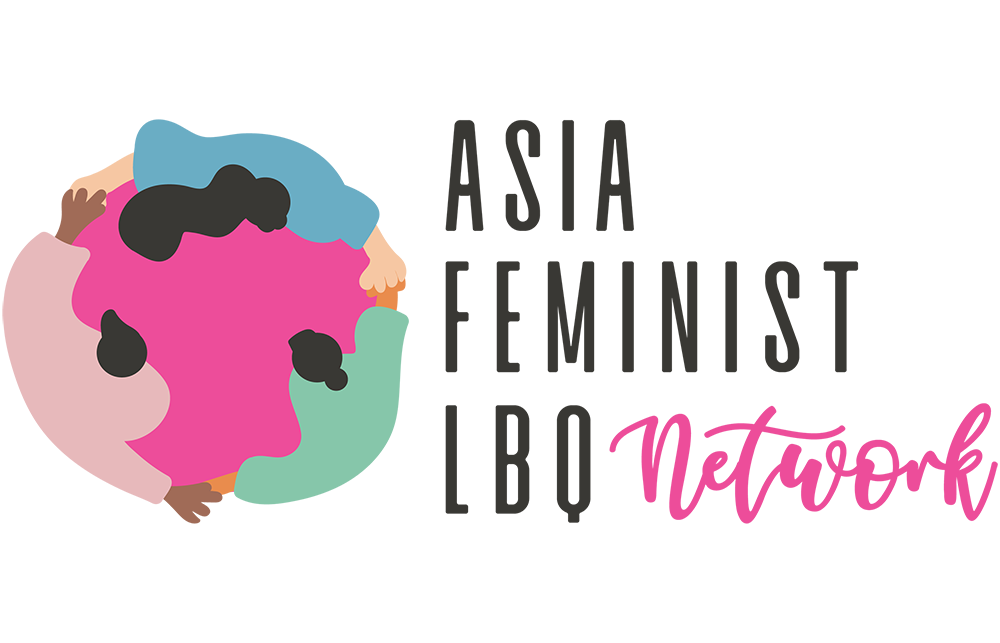In the diverse countries of Asia, LBQ (Lesbian, Bisexual, and Queer) movements are like strong voices speaking up for the rights and well-being of LBQ-identified women and non-binary folks. These movements face many challenges, and that’s where organizational development comes in. Let’s explore why it’s crucial for LBQ groups in Asia and understand the tough problems they have to tackle.
In LBQ individuals’ daily lives in Asia, cultural stigma, legal barriers, and limited resources create a landscape of challenges. LBQ movements aim to create a future that is safe, respectful, and inclusive for everyone, but to turn these aspirations into reality, we need organizational development.
LBQ movements need a strong base to deal with the complexities of their work. Organizational development helps them learn new skills, communicate better, and lead their communities toward positive changes. It’s like the toolkit empowering them to navigate the challenges they face.
Asia is a mix of different cultures and laws. Organizational development helps LBQ movements plan their advocacy smartly, adapting to the unique challenges in each place. LBQ movements go beyond speaking up—they’re about creating supportive communities. Organizational development helps them engage with their communities, making spaces that empower LBQ individuals and address wider social issues.
However, the journey towards effective organizational development in LBQ movements across Asia is not without its challenges. Strong cultural and religious beliefs sometimes lead to stigma against LBQ individuals, requiring careful navigation by organizational development to create understanding. Legal frameworks may lack protections or even discriminate against LBQ individuals, posing barriers to advocacy efforts. Limited financial resources hinder the ability of LBQ groups to implement comprehensive programs and sustain initiatives crucial for organizational growth. Additionally, LBQ activists may face safety concerns, striking a delicate balance between visibility and protecting those on the front lines.
Knowing these challenges, it’s clear that LBQ groups in Asia need good organizational development to tackle problems and make a lasting impact. Working together and getting support from different people are key. LBQ movements can get support from outside their countries, sharing resources, knowledge, and encouragement to help LBQ groups grow. Organizational development should consider the differences within LBQ communities, addressing the unique challenges faced by people with different identities. Working with legal experts and human rights groups is crucial for advocating changes in laws, creating a space where LBQ groups can grow. Efforts should focus on getting enough funds to help LBQ groups do more and make a real impact.
In conclusion, organizational development is like the building blocks for the success and lasting impact of LBQ movements in Asia. By facing challenges together and working towards a stronger future, LBQ individuals and activists in Asia can look forward to a more inclusive and supportive tomorrow.
